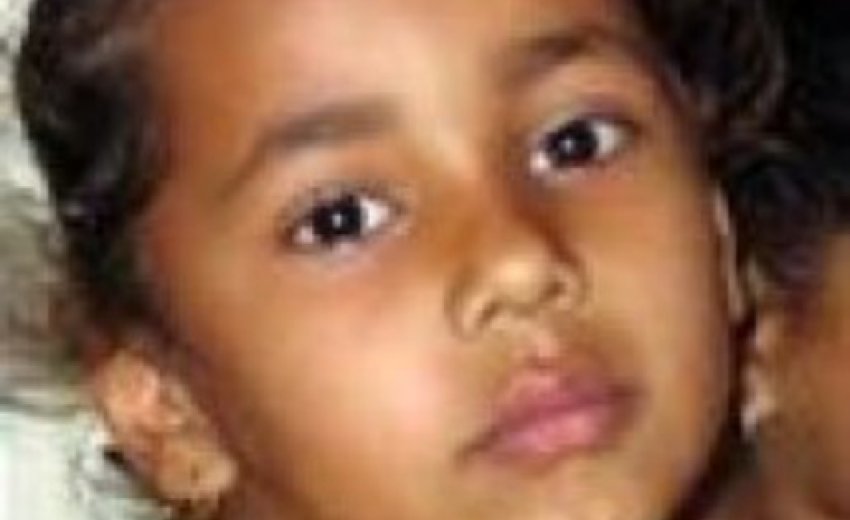NEW DELHI (AP) — India's widespread practice of aborting female fetuses is a "national shame," the prime minister said Monday, insisting the country can no longer ignore the problem if it wants to be a modern nation.
Experts say up to 500,000 female fetuses are aborted in India every year because of a deep-rooted cultural preference for male children, who will help support their parents in old age and attract wives with substantial dowries.
"This is a national shame and we must face this challenge squarely here and now," Prime Minister Manmohan Singh told a conference on ways to "Save the girl child."
"No nation, no society, no community can hold its head high and claim to be part of the civilized world if it condones the practice of discriminating against one half of humanity represented by women," Singh said.
The British medical journal The Lancet recently reported that up to 500,000 female fetuses are aborted every year.
Singh said the number of girls per 1,000 boys declined nationally from 962 in 1981 to just 927 in the last census in 2001. Activists believe the problem has become even worse since the census.
The gap in the ratio between girls and boys is more extreme in wealthier urban areas where couples want fewer children and the pressure to produce a male increases. In the northern state of Punjab, there were only 798 girls for every 1,000 boys, Singh said.
For a recent report, the group ActionAid sent interviewers to 6,000 households in five north Indian regions. In Punjab, researchers found rural areas with just 500 girls for every 1,000 boys, and communities of high-caste urbanites with just 300 girls per 1,000.
Parents often use ultrasound technology to determine the sex of the fetus and abort females. Such tests have been outlawed in India since 1991, but the rules are frequently flouted.
Health Minister Anbumani Ramadoss told the conference that stricter enforcement was not enough.
"At the heart of the problem are deep-rooted prejudices," Ramadoss said.
In traditional Indian society girls are seen as a financial burden, needing huge dowries when they marry that can cripple a family financially. Boys typically remain at home after marrying, helping to care for aging parents. Hinduism also dictates preference, with only men being able to light their parents' funeral pyres.
"The long-term solution to this problem lies in creating the right environment where sons and daughters are equally valued," Ramadoss said.
Singh said to achieve equality for women the country has to address many issues, including child marriage, female illiteracy, malnutrition and taboos on women in public places.
"I do not say this as the prime minister of India. I say this as the proud father of three daughters. I wish for every girl in our country what I wish for my own daughters," he said.

